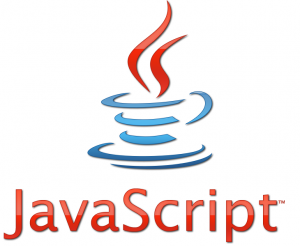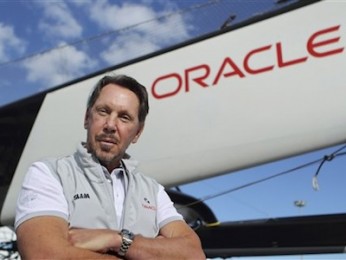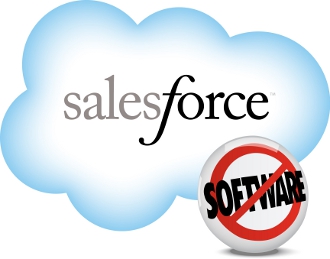 Database maker Oracle has worked out a way of getting its Java code off every machine in the world – it is starting to sue those who use it without permission.
Database maker Oracle has worked out a way of getting its Java code off every machine in the world – it is starting to sue those who use it without permission.
Six years after it wrote a cheque for Sun, Oracle is ramping up audits of Java customers it claims are in breach of its licences.
Oracle has been hitting up customers and partners claiming they are out of compliance on Java. This has taken some time but now its License Management Services (LMS) division is being more active in chasing down people for payment.
The database giant is understood to have hired 20 individuals globally this year, whose sole job is the pursuit of businesses in breach of their Java licences.
This is causing a boom in the industry compliance industry with specialists are themselves ramping up, hiring Java experts and expanding in anticipation of increased action next year.
At the heart of the issue is Java SE which comes in three paid flavours costing $40- $300 per user and $5,000 – $15,000 per processor.
Experts telling people to avoid downloading Java SE and those who have should review its use before Oracle pounds on their door.
We have been told that Oracle is also targeting its partners, even though they are the ones helping Oracle carry out the legal moves.
The issue is that people seem to believe that Java is free software because that was the case under Sun. Sun charged a licensee fee to companies like IBM and makers of Blu-ray players, but generally Sun used Java to help sales of its systems.
Oracle changed all that with Java SE includes Java SE Advanced Desktop, introduced by Oracle in February 2014, and Java SE Advanced and Java SE Suite, introduced by Oracle in May 2011.
Java SE is free but Java SE Advanced Desktop, Advanced and Suite are not. Java SE Suite, for example, costs $300 per named user with a support bill of $66; there’s a per-processor option of $15,000 with a $3,300 support bill.
Java SE is not free for what Oracle’s licence defines as “specialized embedded computers used in intelligent systems.” This includes mobile phones, hand-held devices, networking switches and Blu-Ray players.
Another issue is that when you download Java SE you can end up installing things you don’t need but have to pay for.
If anything Oracles actions are going to really hack off users next year and there will be a general backlash against Java in 2017.
















